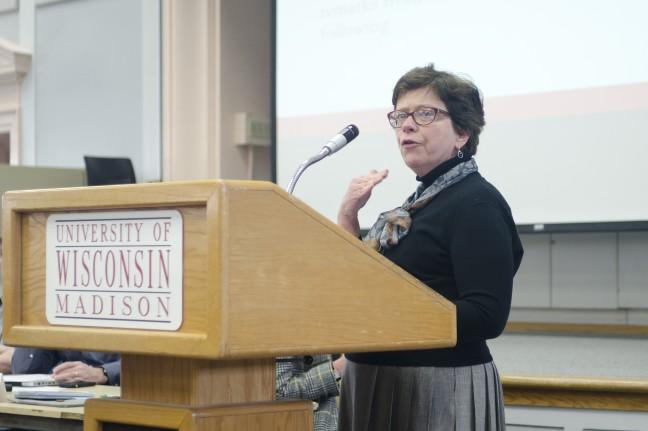A University of Wisconsin scientist’s research on the avian flu virus was published in an academic journal after months of debate surrounding whether the study poses a bioterrorism or pandemic threat if the strain were to be released or fall into the wrong hands.
Yoshihiro Kawaoka, a UW professor and flu researcher who led the team that conducted the report, said in an email to The Badger Herald the recommendation to publish was made by the National Science Advisory Board for Biosecurity on Monday.
“Obviously, I think it was the right decision,” Kawaoka said.
In January, Kawaoka and other influenza researchers decided to suspend their research for 60 days to provide time for discussion on the issues surrounding the bird flu virus, after leaders at the NSABB recommended both “Nature” and “Science” magazines publish only the main conclusions of the studies, but not to reveal more details on replicating the virus.
The journals agreed to the censoring, but on the condition they will be allowed to publish information to flu researchers on a need-to-know basis, “Nature” reported.
UW spokesperson Terry Devitt said in January the university treats concerns regarding security and safety with the utmost seriousness and has a model program for the oversight of research with pathogens and toxins.
The study shows relatively few amino acid mutations are sufficient with a certain type of the avian flu to acquire the ability to transmit the illness in mammals, Kawaoka said.
He added the findings have important implications for public health regarding investments in countermeasures and surveillance of mutations that could cause pandemics. One of the mutations the team identified is already circulating in the Middle East and Asia, raising concerns about the viruses in nature acquiring more mutations and becoming transmissible in mammals, he said.
“Basic research like ours advances the field – each discovery published by a scientist enables other investigators to refine their thinking and ask better scientific questions,” Kawaoka said. “It is important to share scientific advances in the infectious disease field since this leads to the better vaccines and therapeutics.”
Kawaoka added while the paper is currently published, the team is also pursuing additional research questions, including mutations and the transmission of the virus.











